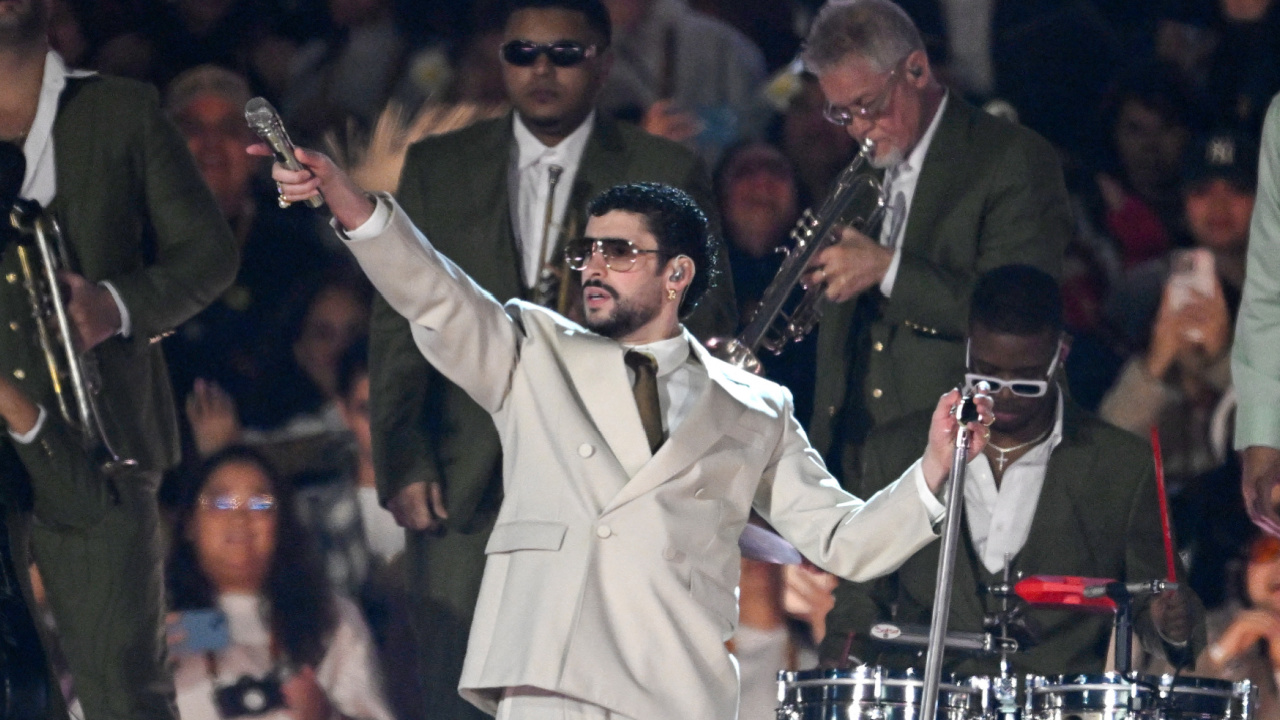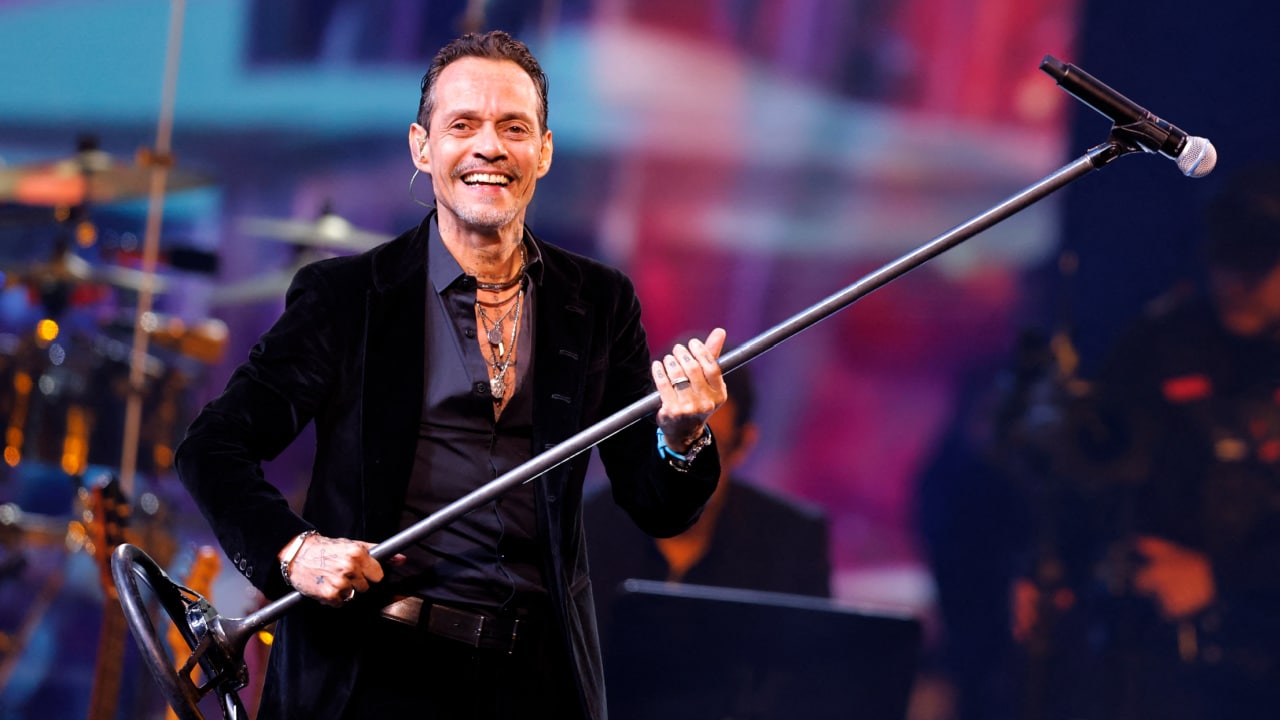
John Leguizamo Was Once Told ‘Latin People Don’t Want To See Latin People’ on Screen
This article was originally published in January 2022.
57-year-old Colombian-American actor John Leguizamo is making headlines for his sit-down talk with the Academy Awards’ Seen series, where he confronts the issues he faced as a Latino trying to make it in Hollywood.
Today, there’s no doubt Leguizamo is seen as one of the greats, starring in films like “Romeo + Juliet,” “Moulin Rouge,” “Chef,” and more recently, in Disney’s “Encanto” as the voice of Bruno Madrigal. Not to mention the Bogota-born actor’s stints on series like “The Mandalorian” and “When They See Us,” plus his self-written Off-Broadway production “Mambo Mouth” which put him on the map back in 1991.
With several epic one-man stage performances to his name since his start as a stand-up comic in New York City in the 80s, Leguizamo has gone on to win a Special Tony Award, an Emmy, and was nominated for a Golden Globe. In short, the notoriously-funny actor pulled himself up from the bootstraps and rose to success against all types of adversity growing up in a Latino family that immigrated to Jackson Heights. Using humor as a means to inner strength and success, Leguizamo’s recent interview showed just how many challenges he faced.
The “Waco” actor said that he was “the poster child for a troubled kid” growing up in Queens, and credits his high school teacher asking “why don’t you take your whatever it is that you do and become a comedian?” as the moment he became aware of the possibilities.
Referring to the teacher as “a mentor,” Leguizamo explained, “when you come from the neighborhoods… we come from, you need somebody outside of you to tell you that you can, that you’re worthy. So I needed that several times.” This led to the actor having a “pay it forward” approach nowadays, telling the outlet that he always “wanted to reach people who are like me, kids that were like me, that felt unseen or unwanted, that [felt like] you didn’t matter. You didn’t count.”
Leguizamo remembers feeling the urge to break through racist, stereotypical industry barriers: “you have to fight that every day, that sense of, ‘I can’t do this. This place is not geared for me.’ So, I wanted to shake that up and go, ‘Yes, you can. Every one of us can.'”
Getting his start working at a local KFC while he participated in subway open mic nights with friends and paying for his own acting classes, he wanted to “fix” his life. Once he made it to NYU’s prestigious Tisch School of the Arts, though, he was disillusioned at the commonplace racism and lack of opportunities he experienced as a Latino.
The actor explained, “I had fixed my accent a lot by this point. And all the white kids in my class were going to five auditions a day. I was going to one every five months.”
He noticed “it wasn’t an equal playing field,” describing, “just because of how I look, how I sound, my economic class that I come from, it’s just not a fair playing field. No matter how talented you are, it doesn’t matter. But I thought talent was the great equalizer.” Describing Hollywood as “Hollywouldn’t” for him, the actor says he got the idea to write his own Off-Broadway performance art so he could be his “full self” and inhabit who he actually was — not how the industry viewed him.
Today, Leguizamo talks about the pervasive stereotypes still present in Latino acting roles, saying, “not only are we invisible, but when we are seen, it’s a negative portrayal.” He describes current available roles as “one-dimensional and not worthy of awards,” saying, “the ugly question is, why are Latin people not succeeding? What’s the ugly question? Are we not smart enough? Not talented enough? Not good-looking enough? Not hardworking enough?”
The actor answered himself: “no, none of those stereotypes and racist ideas because nobody tries harder with less access.” Saying that while “things are improving,” the actor wants “to see 20 percent of the roles in front of the camera and the crew,” explaining he just wants “what’s due” to our community.
Most infuriating out of everything Leguizamo described? The sheer lack of diversity and opportunities, plus the inherent colorism in Hollywood.
He said he was once told by studio executives that “Latin people don’t want to see Latin people” on screen and that Latinos “don’t want to see feel-good movies.” While, of course, Leguizamo states that there is “an audience and a hunger,” the actor has felt pressure in the past to conform to ideals — especially with his skin color.
He revealed, “I stayed out of the sun so I could work… I definitely would not go in the sun for years.” Asking “what happened to all the Afro-Latinos and the majority of indigenous Latinos” in Hollywood, the actor says that “they don’t get a shot” so he’s speaking up.
After all that Leguizamo went through, it makes sense he wants major changes for future generations of people of color. “I don’t want any kid to go through what I went through. I don’t want any Latin kid to go through what I went through. I don’t want any white kid, Black kid, Asian kid [to go through what I went through].”
The actor, writer, and producer said he wants “to be the studio exec” that helps get their material green-lit, because he owes it to “la cultura.”



